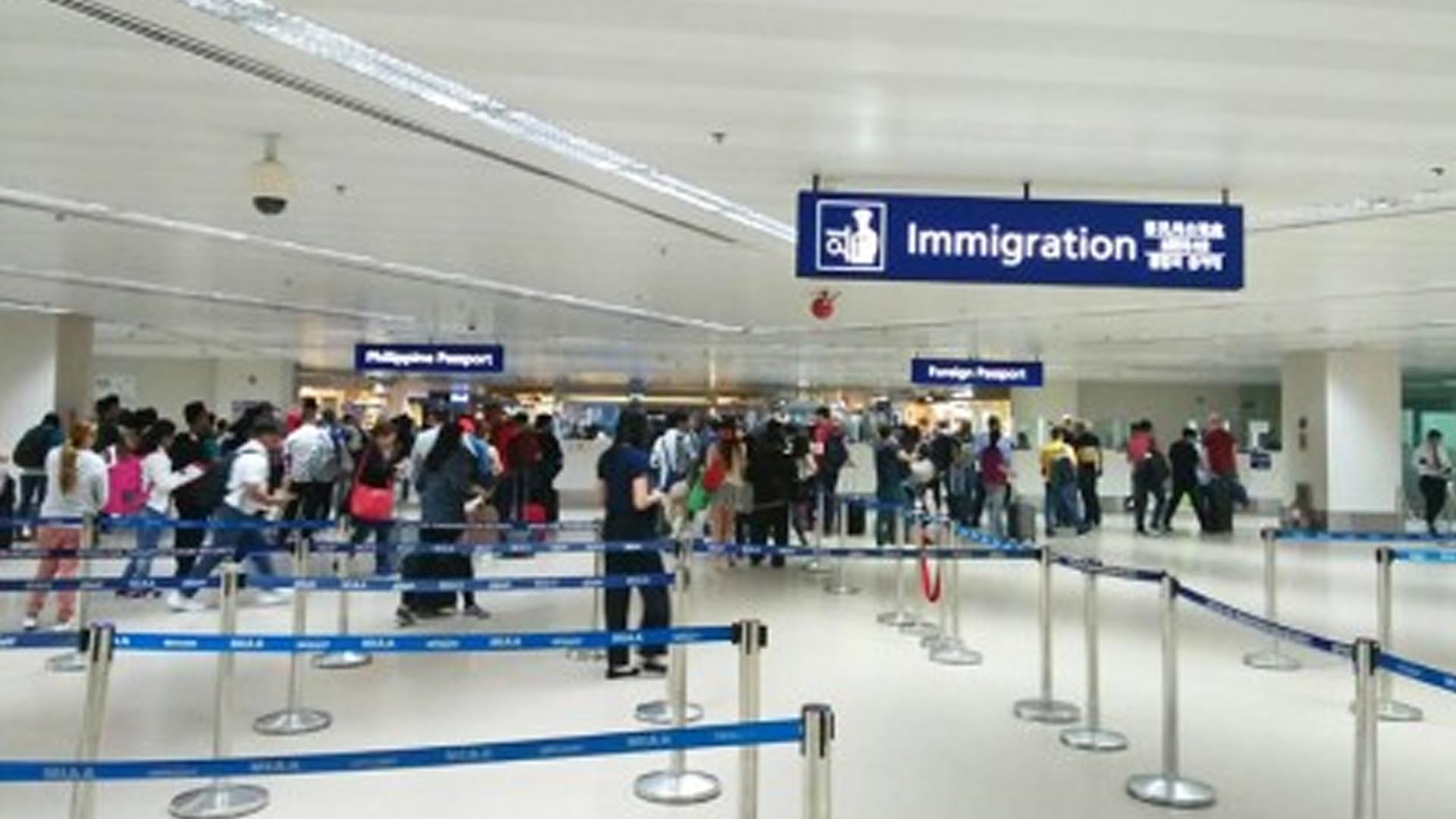The Bureau of Immigration (BI) is experiencing “some difficulty” screening visitors from South Korea’s North Gyeongsang Province, Daegu City, and Cheongdo County which are currently under travel restriction over the coronavirus disease (Covid-19).
In a Laging Handa press briefing in Malacañang on Monday, BI spokesperson Dana Sandoval said the South Korean government pledged to issue a certification to distinguish if a passenger is coming from these areas of concern. However, this mechanism has yet to take effect.
Currently, Sandoval said BI is determining whether a passenger is coming from those areas by checking their resident registration certificate or the national identification.
“It’s very hard to screen kung sino yung nanggaling sa (who is coming from) specific regions na ‘yun because it’s not the entire country ang naka-ban (which is banned). So we had to formulate and discuss with Korean government to look for ways on how to screen effectively,” she said.
Department of Health (DOH) Assistant Secretary Maria Rosario Vergeire said the Inter-Agency Task Force for the Management of Emerging Infectious Diseases will be meeting on Tuesday to decide whether it will implement a wider travel ban on South Korea following the sharp rise in the number of Covid-19 cases there.
Recent reports showed that South Korea currently has over 4,000 Covid-19 cases and over 20 fatalities.
South Korean remains as the Philippines’ top source of tourists, followed by China and the US.
There are also 60,139 Filipinos living in South Korea, data from the Department of Foreign Affairs showed.
Sandoval, meanwhile, clarified that there was no delay in the implementation of the selective travel ban on the three areas in South Korea.
Malacañang announced the travel restriction imposed on South Korea on (Wednesday) February 26. However, BI only started implementing the ban late Friday (February 28) afternoon.
She explained that all government agencies have 48 hours after the signing of the resolution to ensure that it is disseminated properly.
Besides the three areas in South Korea, the Philippines also implemented travel restrictions in mainland China and its special administrative regions Hong Kong and Macao.
Exempted from the travel ban are arriving Filipinos with their foreign spouse and children, permanent residents in the country, and members of the diplomatic corps.
Overseas Filipino workers (OFWs) in the countries or territories mentioned may opt for repatriation provided they undergo the prescribed 14-day quarantine procedure.
Outbound Filipinos are also temporarily banned from traveling to the said countries. Exempted are permanent resident visa holders, OFWs, and student visa holders.
All Filipinos have also been urged to temporarily refrain from unnecessary travel and to bear with the government measures currently being implemented.
Earlier, the World Health Organization raised the risk assessment of Covid-19 to “very high” at both the world and regional levels.
There are 58 countries with confirmed Covid-19 cases and 20 countries with local transmission. (PNA)





















